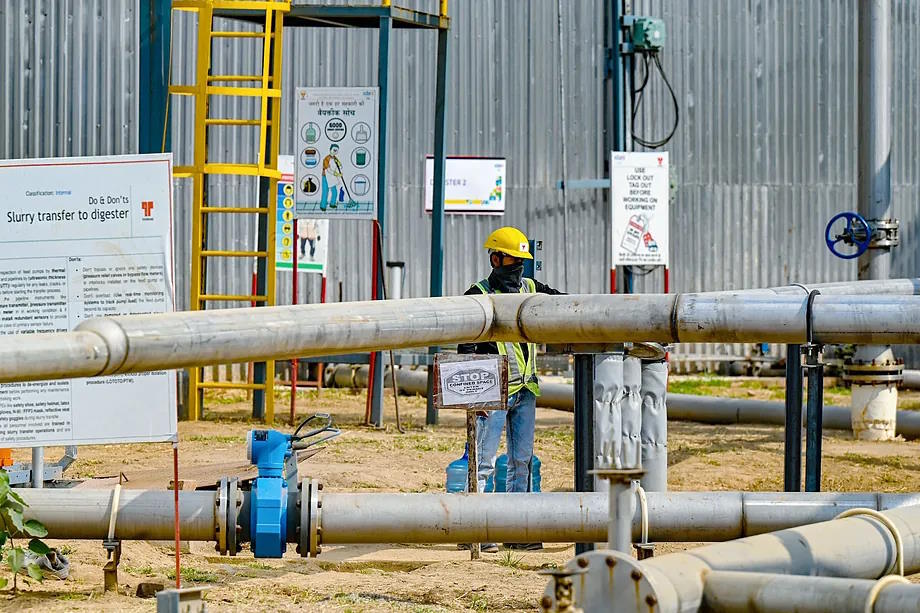With each climate summit, the annual report on the evolution of global greenhouse gas emissions is released by over 120 scientists collaborating in the Global Carbon Project.
Despite the Paris Agreement and intentions for reductions, the comprehensive Global Carbon Budget report warns that global carbon dioxide (CO2) emissions from fossil fuel use (coal, oil, and gas) have not yet peaked. In fact, it is forecasted that they will continue to rise in 2024 by 0.8% compared to 2023, reaching 37.4 billion tons of CO2. When adding the 4.2 billion tons of CO2 from land use (such as deforestation or wildfires) projected for 2024, the total amount of carbon dioxide released into the atmosphere will reach 41.6 billion tons of CO2.
The report also details projections for international aviation and maritime transport, estimating a 7.8% growth in 2024 compared to the previous year, but remaining 3.5% below pre-2019 pandemic levels.
"There are many signs of positive progress at the national level, and the feeling that the global peak of fossil fuel CO2 emissions is imminent, but the global peak remains challenging to achieve," stated Glen Peters, a scientist at the CICERO Center for International Climate Research in Oslo.
The likelihood of exceeding 1.5 degrees
However, the Global Carbon Budget team also warns that injecting over 40 billion tons into the atmosphere each year is leading to increasingly dangerous global warming. If the growth projections for 2024 materialize, there will be a 50% chance of exceeding 1.5 degrees within six years compared to pre-industrial temperatures.
At the current emission rate, there is a 50% chance that global warming will consistently exceed 1.5°C in about six years, although this estimate is subject to significant uncertainties, mainly due to uncertainties in additional warming from agents other than CO2 (e.g., methane, nitrous oxide, or aerosols). They alert that the remaining carbon budget is nearly depleted, leaving limited time to achieve the 1.5°C goal and avoid the worst impacts of climate change.
